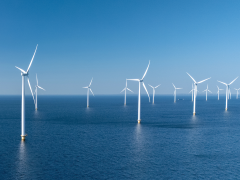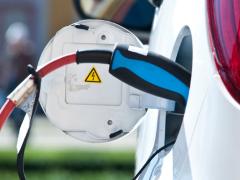Energy cooperatives: aims, operational perspective and interaction with municipalities
The Netherlands, currently, has around 110 energy cooperatives with the objectives of local energy generation and energy saving, as well as strengthening the community. In their view, the related energy profits should subsequently benefit the community. Research by PBL Netherlands Environmental Assessment Agency and Asisearch has shown that the operational perspective is relatively limited for more recently started energy cooperatives. The activities of these cooperatives consist of collective purchasing campaigns for solar panels, small-scale energy conservation campaigns for private home owners, operating an information and advice help desk and the reselling of electricity.
Central government and municipalities may enhance the operational perspective of energy cooperatives
Larger scale projects are more difficult for energy cooperatives to enter into. One of the main barriers is that of the uncertainty around the cost-effectiveness of tax incentive measures that apply to large-scale solar energy projects. In addition, there are limits to the input of volunteers. For their services, which have 'social value', volunteers should receive a realistic remuneration; particularly when municipalities and cooperatives have a shared interest. Central government and municipalities could enhance the operational perspective of energy cooperatives. Government could do so by providing more certainty about the tax incentives for solar energy installations and increase the financial scope where necessary, while municipalities could loosen the criteria in their contracting policy with regard to these types of social enterprises.
Authors
Specifications
- Publication title
- Energy cooperatives: aims, operational perspective and interaction with municipalities
- Publication date
- 2 June 2014
- Publication type
- Publication
- Publication language
- English
- Product number
- 1371




